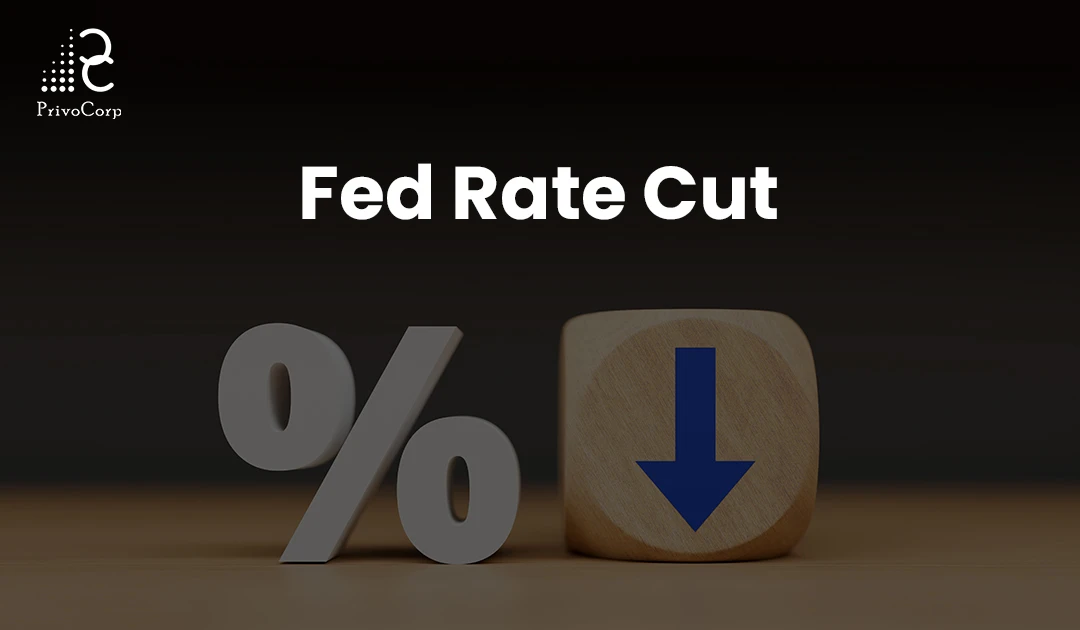The housing market has been constantly evolving and adapting to the ever-changing needs and preferences of homebuyers and sellers alike. In recent years, we’ve witnessed a series of seismic shifts that have reshaped the way we approach homeownership, from the rise of flexible financing options to the digital mortgage revolution. Buckle up, because we’re about to embark on an exciting journey, uncovering the latest ripples that are making waves in this fascinating arena.
1. The Rise of Flexible Financing Options:
Gone are the days when traditional mortgages were the only game in town. The housing market has embraced a newfound flexibility, catering to the diverse needs of modern homebuyers. Non-qualified mortgages (non-QM) have emerged as a game-changer, offering alternative lending options for borrowers who may not fit the mold of traditional underwriting guidelines. This has opened up doors for self-employed individuals, gig workers, and those with complex financial situations, allowing them to pursue their dream of homeownership.
Mortgage lenders have recognized the importance of adaptability, introducing a range of innovative products that cater to different lifestyles and financial circumstances. From interest-only mortgages to adjustable-rate mortgages, the options are endless, empowering homebuyers to find the financing solution that best suits their unique needs and goals.
2. The Digital Mortgage Revolution:
In the age of technology, the housing market has embraced the digital revolution with open arms. The process of securing a mortgage has undergone a remarkable transformation, with online platforms and mobile applications streamlining the entire experience. Gone are the days of endless paperwork and tedious back-and-forth communication. Today, mortgage lenders offer seamless digital experiences, allowing homebuyers to apply, upload documents, and track the progress of their applications from the comfort of their homes or on-the-go.
This digital shift has not only made the mortgage process more convenient but has also fostered transparency and accessibility. Homebuyers can now easily compare rates, fees, and loan terms across multiple lenders, empowering them to make informed decisions that align with their financial goals.
3. Shifts in Homebuyer Priorities:
As the housing market continues to evolve, so too do the priorities and preferences of homebuyers. While location and square footage remain important considerations, we’re witnessing a growing emphasis on factors such as energy efficiency, smart home technologies, and community amenities. Sustainability and eco-friendly living have become buzzwords, with homebuyers actively seeking properties that align with their values and contribute to a greener future.
Additionally, the rise of remote work and the desire for work-life balance have reshaped the housing market. Homebuyers are now seeking properties that offer dedicated home office spaces, outdoor living areas, and proximity to recreational facilities – elements that were once considered luxuries but are now essential for many.
4. Navigating Tight Inventory and Rising Prices:
Despite the myriad of opportunities and innovations, the housing market is not without its challenges. One of the most significant hurdles facing homebuyers is the persistent issue of tight inventory and rising prices. As demand continues to outpace supply in many markets, finding an affordable and desirable property has become increasingly difficult.
In response, mortgage lenders and non-QM lenders have stepped up to the plate, offering creative solutions to help homebuyers navigate these challenges. From down payment assistance programs to low-interest rate options, these lenders are actively working to make homeownership more accessible and attainable for a broader range of individuals.
5. The Emergence of Alternative Lending Options:
As the housing market continues to evolve, so too do the financing options available to homebuyers. Traditional banks and mortgage lenders are no longer the only players in the game. Alternative lending platforms, such as peer-to-peer lending and crowdfunding, have gained significant traction, offering innovative and often more accessible financing solutions.
These alternative lending options have disrupted the status quo, challenging the traditional lending models and providing homebuyers with a wider range of choices. From streamlined application processes to more flexible underwriting criteria, these platforms are reshaping the mortgage landscape, catering to the diverse needs of today’s homebuyers.
6. The Influence of Macroeconomic Trends:
While the housing market is a microcosm of its own, it is inextricably linked to broader macroeconomic trends and factors. Interest rates, inflation, and overall economic conditions play a significant role in shaping the trajectory of the housing market. As these variables fluctuate, mortgage lenders and non-QM lenders must adapt their strategies and offerings to remain competitive and meet the ever-changing demands of the market.
For instance, during periods of economic uncertainty or volatility, we may see a surge in demand for adjustable-rate mortgages or interest-only mortgages, as homebuyers seek to minimize their upfront costs and mitigate risk. Conversely, periods of economic growth and stability may lead to an increased appetite for fixed-rate mortgages and larger down payments, as homebuyers prioritize long-term stability and wealth-building.
Conclusion:
As we navigate the ebbs and flows of the dynamic housing market, one thing remains certain: the mortgage industry and its lenders, both traditional and non-QM, will continue to play a pivotal role in shaping the homeownership dreams of countless individuals.
Whether it’s embracing digital disruption, offering flexible financing options, or responding to shifts in homebuyer priorities, the housing market is a testament to the resilience and ingenuity of the human spirit. So, hold on tight, because the mortgage wave shows no signs of slowing down, and the ripples it creates will continue to shape the way we buy, sell, and finance our homes for years to come.








